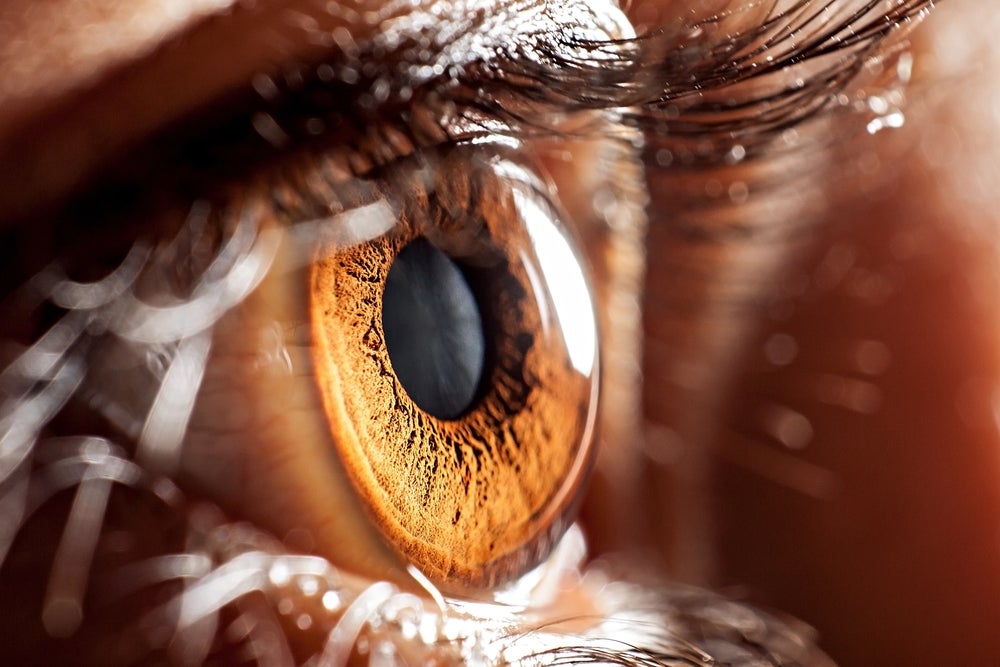

Chinese gene therapy company Skyline will initiate a global trial investigating a gene therapy to treat neovascular age-related macular degeneration (nAMD), after receiving clearance from the US Food and Drug Administration (FDA).
The FDA granted the company’s investigational new drug (IND) application for a Phase I/IIa trial of SKG0106 – a one-time intravitreally delivered adeno-associated virus (AAV) gene therapy.

Discover B2B Marketing That Performs
Combine business intelligence and editorial excellence to reach engaged professionals across 36 leading media platforms.
Skyline has not disclosed when it expects to initiate the trial.
Skyline Therapeutics’ candidate encompasses a new AAV capsid and unique transgene genome encoding an anti-VEGF protein. Vascular endothelial growth factor (VEGF) is a protein that promotes the growth of new blood vessels and also makes vessels more permeable or leaky. Patients with macular degeneration secrete too much of this protein.
The company’s anti-angiogenic treatment is able to suppress neovascular lesions at a low dose with durable effects from a single injection. The prevention of neovascularisation provides relief of vascular leakage and retinal oedema.
According to Skyline Therapeutics, preclinical studies with the candidate have demonstrated the efficacy of intraocular neovascularisation inhibition, a favourable safety profile, and long-lasting effects from a single administration.

US Tariffs are shifting - will you react or anticipate?
Don’t let policy changes catch you off guard. Stay proactive with real-time data and expert analysis.
By GlobalDataThe clinical trial landscape is saturated with medicines for nAMD. Gene therapy in the field is emerging. In 2021, Novartis bought Gyroscope Therapeutics, and by virtue of its AMD gene therapy candidate, in a $1.5bn deal.
Patients with nAMD, otherwise known as wet AMD, have severe visual impairment that becomes permanent. The condition is estimated to affect more than 200 million people worldwide.
Cell & Gene Therapy coverage on Pharmaceutical Technology is supported by Cytiva. Editorial content is independently produced and follows the highest standards of journalistic integrity. Topic sponsors are not involved in the creation of editorial content.




